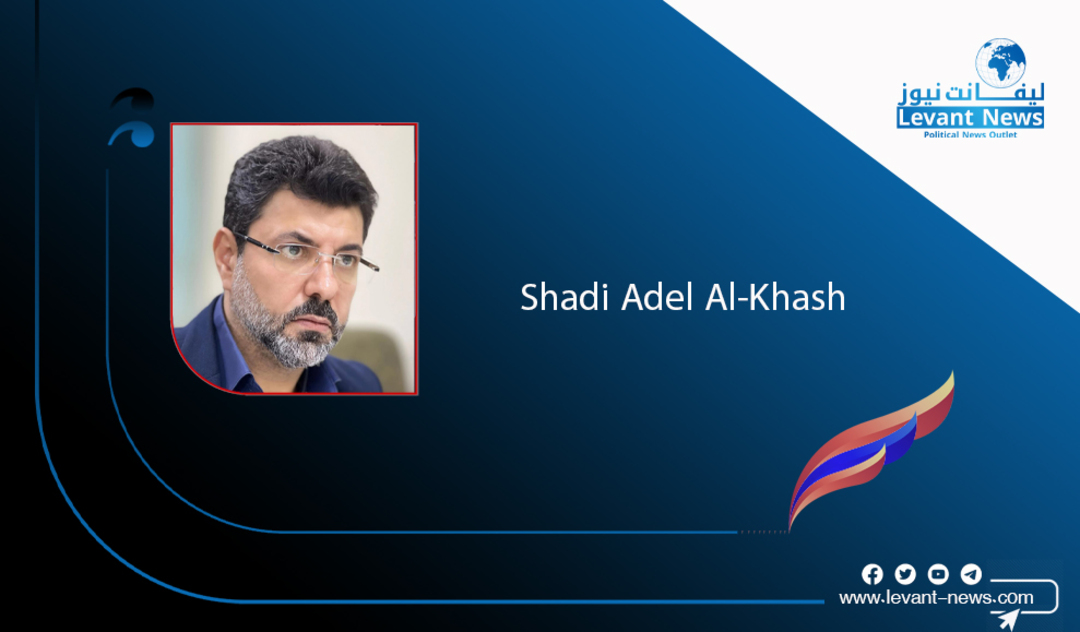-
Between Israel's Disintegration and the Rise of the Gulf… America Changes the Middle East, and Syria is Absent

In a pivotal moment of international transformations, we are witnessing the emergence of an unprecedented historical turning point in the relationship between the United States and its traditional ally, Israel. This relationship, long symbolizing a completely organic alliance, is now being reinterpreted through a cold, realistic, and perhaps painful lens from the Israeli perspective. It appears that Washington, especially during Donald Trump’s leadership, has begun shifting from being a biased ally to a partner evaluating costs with logic rather than myth, and prioritizing interests over ideological commitments. This shift not only signifies a reassessment of an old ally but also indicates a major re-engineering of power balances in the Middle East and a realignment of American focus toward more effective and less costly partners, foremost among them the Gulf states.
The theory that the U.S. can dispense with Israel is rooted not in a single incident or speech, but in a profound change in American strategic doctrine since the end of the Cold War. The unconditional support historically invested in Israel was based on a central premise: that Israel represents the first line of defense for U.S. interests in a hostile desert environment, capable of decisive action on behalf of Washington and providing deterrence without direct American involvement. However, this premise, which may have been valid in the 70s and 80s, has become an unbearable burden over the last two decades. Israel is no longer just incapable of decisively resolving conflicts; it now needs ongoing interventions for its protection, insists on expanding its aggression beyond reasonable limits, and disregards broader American interests that require de-escalation rather than continuous front-line escalation.
Moreover, the enormous economic costs borne by America to support Israel — through direct aid, diplomatic cover, and losses in moral standing globally — have vastly exceeded the strategic benefits expected. As Israel’s occupation becomes more aggressive and atrocities against civilians in Gaza, Lebanon, and Syria increase, American embarrassment grows, widening the gap between Washington’s claims of advocating “values of freedom and human rights” and the reality of its support for Tel Aviv. This gap is no longer merely theoretical; it has become a tangible threat to America’s image and soft power, especially amid the rise of China as an alternative voice and the growing influence of anti-Israel movements within Western universities, unions, and institutions.
Concurrently, this erosion of Israel’s utility coincides with a quiet but significant rise of the Gulf states—Saudi Arabia, the UAE, and Qatar—as strategic players fulfilling American interests without significant moral or military costs. By investing hundreds of billions in arms deals, hosting American bases, and positioning as financial and investment hubs within Western markets, these states have transitioned from mere security satellites to sober sovereignty partners within the global interests system. The Gulf, historically a resource and financial reservoir, now possesses greater awareness of its role and more negotiating power. Unlike Israel, it does not impose theological narratives on Washington nor seeks to ignite multiple fronts simultaneously. It moves precisely, with calculated tactics, and operates from state interests, not ideology.
Placing this transformation in the context of the ongoing Israel-Iran conflict, the contours of the new American strategy become clearer: Washington is not seeking direct involvement but perhaps views the conflict as a rare opportunity to drain both sides, weaken Israeli dominance, and prevent Iran’s further expansion. This American hesitation reflects not weakness but a new geopolitical rationality that sees mutual exhaustion on the Israeli-Iranian front as the best way to reassert American hegemonic conditions — not via brute force but through repositioning economic and political power through quieter, more effective allies: the Gulf.
In this framework, Israel, which has long acted as an untouchable ally, now faces the possibility of becoming a tool of chaos and destruction that can no longer be contained. The American solution might be to let Israel exhaust itself until it abandons its delusions of hegemony and is forced to accept the constraints of balance — not by rebellion against its backers, but through strategic exhaustion. This shift, if realized, would not be a traditional military defeat but a strategic and ideological defeat of the Zionist project built on absolute dominance, perpetual victory, and unconditional American protection.
Turkey, meanwhile, despite aspirations to assume a leadership role regionally, remains a player characterized by hesitation, internal disorder, and peripheral conflicts. Without overcoming its political crisis and presenting itself as a comprehensive, cohesive project, Turkey will not surpass the Gulf states nor compete with Israel but will continue to vacillate between ambition and reality.
In the midst of these profound changes, Syria remains a land of open intervention and a battlefield where major powers settle scores. The fallen regime has opened the door to more fragile, more penetrable formations, and no clear national identity or progressive political project has yet taken shape to address the challenges. If Syria continues without an independent, cross-sectarian national project, it risks remaining merely a transit zone for foreign influence rather than a starting point for restoring balance.
Shadi Adel Al-Khash
You May Also Like
Popular Posts
Caricature
opinion
Report
ads
Newsletter
Subscribe to our mailing list to get the new updates!




















